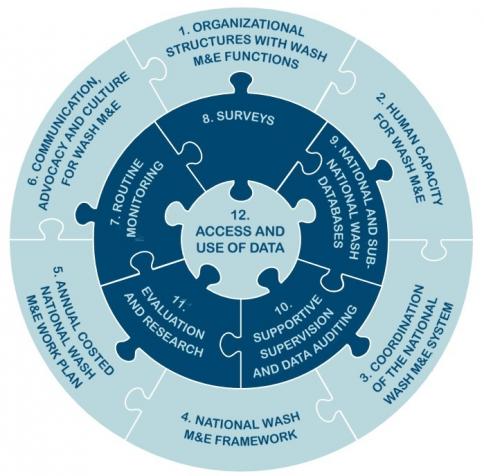Please tell us how water point data has been used in this very brief survey: https://www.surveymonkey.com/r/SVDGHTR
Overcoming water point amnesia
Where and how people access water and the location of the water sources, for example, a borehole or well, is useful information for those interested in ensuring safe water services for everyone. Naturally, local communities do know the location of these water points as well as the people who maintained them. However, until recently, the installers, district governments, donors, and NGOs typically lost track of the water points and would have a very limited understanding of the status of specific water services from a water point after the installation. This is a significant barrier to ensuring sustainability of basic water services. A lack of data could be a barrier to achieving the Sustainable Development Goal 6.
From new technology to national inventories
In the last 15 years, GPS and inexpensive mobile phones have improved access to accurate water point data. Since then, several national water point atlases are publicly available online, for example, Ghana, Liberia, Sierra Leone, Uganda, and Tanzania. The Water Point Data Exchange website now provides public access to more than 350,000 such data points. But is this information being used? And, if so, is it, in fact, leading to improved rural water services? There is anecdotal evidence that it might be helping.

